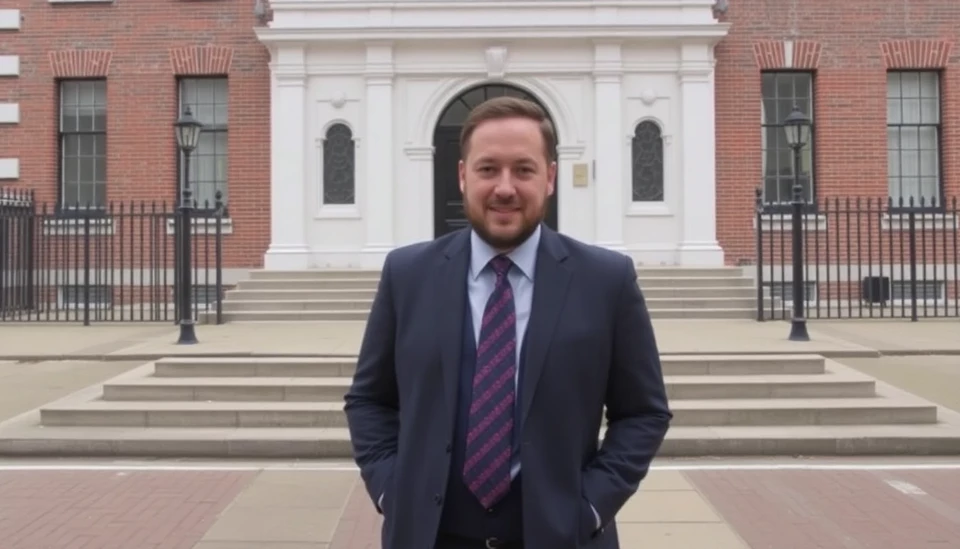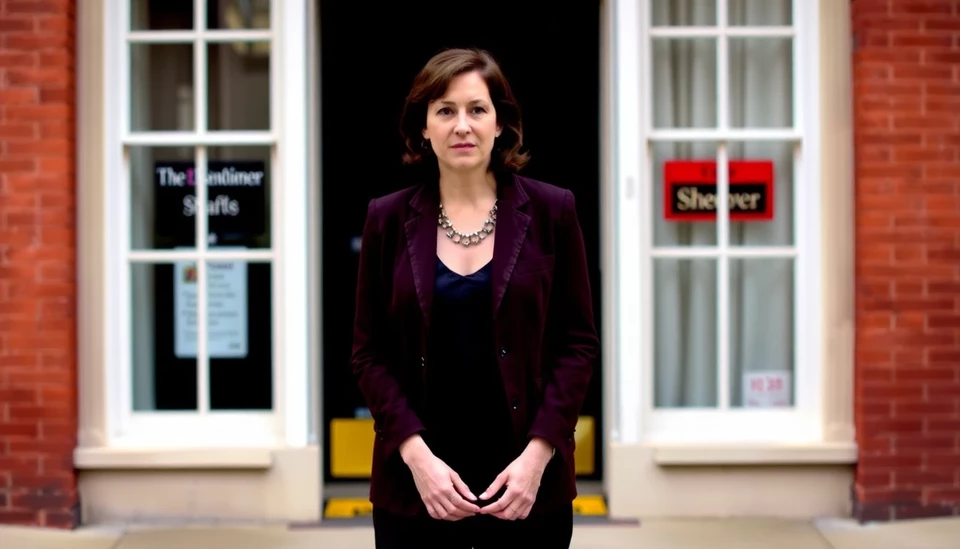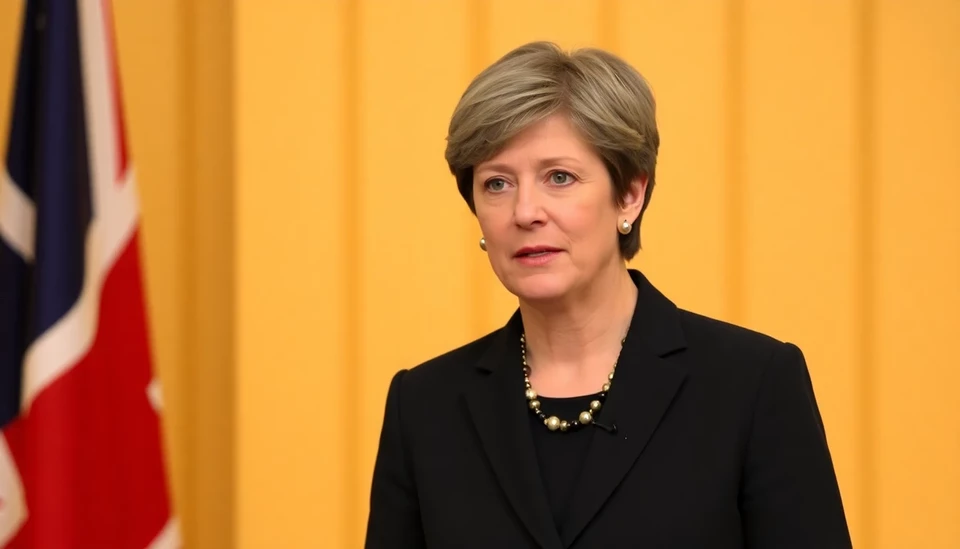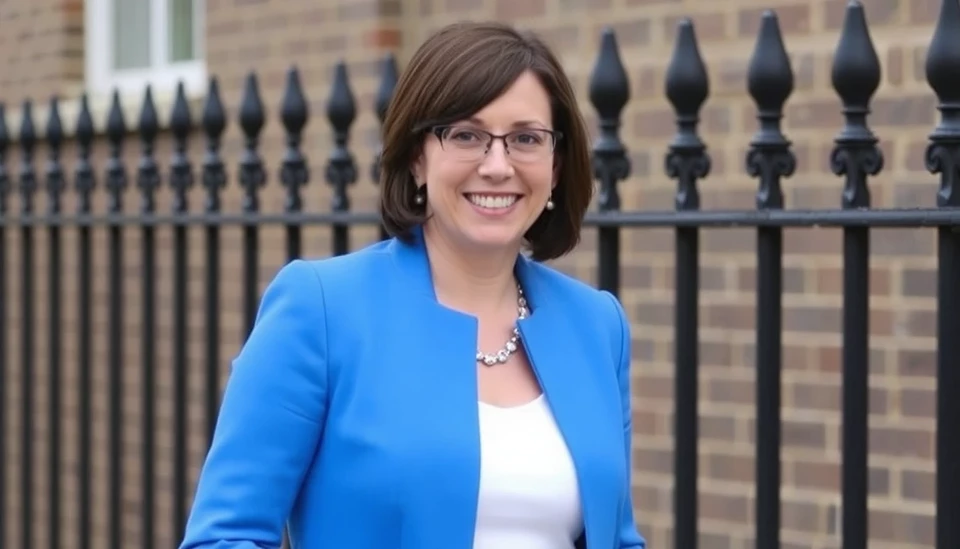
In a significant move that has stirred conversation among local governance advocates, Rachel Reeves, the UK Shadow Chancellor, has dismissed calls from English mayors who are advocating for greater tax-raising powers. These local leaders argue that empowering them with the ability to impose taxes could enhance local finance and drive investment in their regions, particularly at a time when inflation and economic instability are pressing issues.
Reeves made her position clear during a recent press conference, asserting that any campaign for increased tax-raising capabilities should be reassessed in the context of the forthcoming general election. With a focus on fiscal responsibility and maintaining a balanced budget, she reiterated that her party, the Labour Party, would not endorse any measures that could lead to what she termed as a "free-for-all" tax imposition by individual local authorities. Instead, she emphasized the need for a universally fair distribution of fiscal resources across the country.
The debate surrounding tax powers has become increasingly heated, with a coalition of mayors arguing that enhancing their financial autonomy is crucial for addressing local needs and funding essential services. These mayors have pointed to successful examples in Scotland and Wales where devolved powers have reportedly led to more effective governance and localized decision-making. They believe that a similar approach in England could catalyze much-needed economic growth and help alleviate financial pressures faced by local communities.
Critics of Reeves' stance have expressed concern that without additional tax-raising powers, local governments will continue to be hamstrung in their efforts to respond to the unique challenges of their constituencies. They argue that the centralized taxation system often results in unequal resource allocation, which can exacerbate regional disparities. For many mayors, the lack of tax authority translates to limited options for generating revenue outside the constraints of central government mandates.
As this dialogue unfolds, the implications of Reeves' rejection could be far-reaching. Local leaders who feel sidelined may push back against the Labour Party’s broader policy proposals, potentially complicating the party's narrative as it heads toward the next elections. Observers are watching closely to see if this issue will impact voter sentiment as communities weigh their local leaders’ effectiveness against the backdrop of central government control.
In summary, Rachel Reeves’ firm stance against enhancing the tax-raising powers of English mayors underscores a critical debate about fiscal autonomy and governance in the UK. As local leaders continue to advocate for increased financial independence, the dynamics between central and local governments remain tense and unresolved.
#RachelReeves #EnglishMayors #TaxPowers #LocalGovernance #LabourParty #UKPolitics #GovernmentPolicy
Author: Daniel Foster




